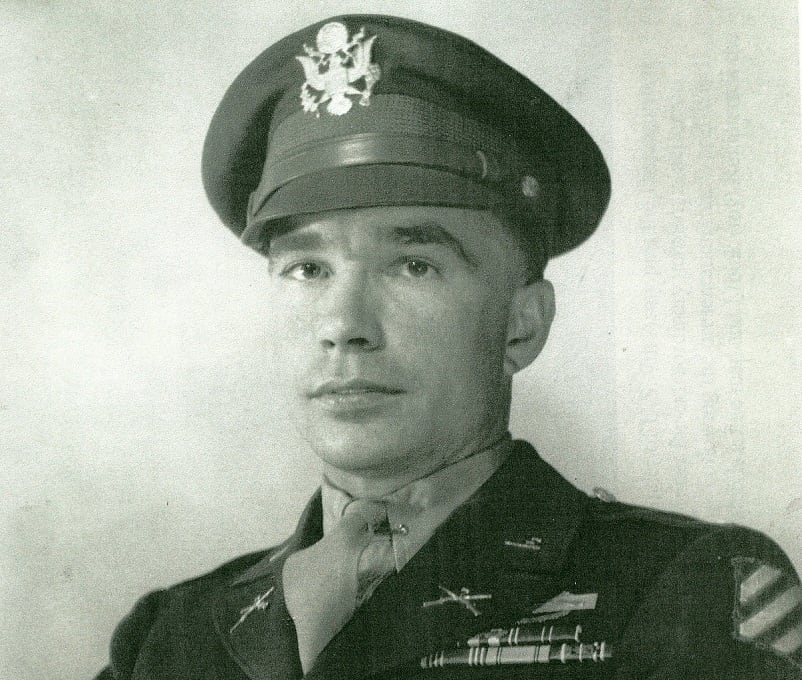A soldier who fought in World War II is set to posthumously receive the Medal of Honor after 20 years of his family fighting for the upgrade.
Army 1st Lt. Garlin Murl Conner will be honored during a ceremony at the White House later this year for his bravery on Jan. 24, 1945, while assigned to K Company, 7th Infantry Regiment, 3rd Infantry Division, according to the Lexington Herald Leader.
Conner, a Kentucky native who died in 1998 at age 79, earned four Silver Stars, one Bronze Star, three Purple Hearts and the Distinguished Service Cross for his actions during 28 months in combat during World War II as an intelligence officer.
He is said to be the second-most decorated soldier from World War II, after Maj. Audie Murphy, who is commonly referred to as the most decorated WWII soldier.
Conner joined the Army in 1941 and was discharged in June 1945.
According to language in the National Defense Authorization Act for fiscal 2018, President Donald Trump was given the authority to award the Medal of Honor to Conner.
On Jan. 24, 1945, the first lieutenant volunteered to run 400 yards through “an intense concentration of enemy artillery” in Houssen, France, according to Conner’s Distinguished Service Cross citation.
Along the way, he unrolled a spool of telephone wire so he could use a field telephone to direct attacks on the enemy. Conner directed friendly artillery fire to hold off six German tanks and about 600 German infantrymen.
As shells exploded 25 yards from him, he set up an observation post, where he stayed for more than three hours, the citation said.
Conner was individually credited with stopping more than 150 German troops, destroying the tanks and “disintegrating the powerful enemy assault force and preventing heavy loss of life in his own outfit,” the citation said.
The effort to upgrade Conner’s award began when Richard Chilton, a former Green Beret, wrote to the Army Board for Correction of Military Records saying Conner should be honored. Chilton was researching details of his uncle’s military career, and he came across Conner, who had served with Chilton’s uncle.
The board rejected the application for upgrading Conner’s Distinguished Service Cross to a Medal of Honor in 1997 and turned away an appeal in 2000.
Conner’s widow, Pauline, collected three eyewitness accounts of Conner’s actions and resubmitted the case to the board in 2008.
Nothing happened, and after support grew from lawmakers, veterans, historians and authors in 2014, a Kentucky district court ruled that Conner’s widow had resubmitted the case two years after the statute of limitations expired.
The decision went back to the Army board, which went against the advice of its staff and the judge and voted unanimously in 2015 that sworn statements from those who served with Conner were “sufficient to warrant a recommendation.”
A federal mediator took up the case brought by Conner’s widow.
Then on Monday, more than 20 years after the first application was rejected, Pauline Conner received a phone call from President Trump.
Trump told the 88-year-old that her late husband would finally be receiving the Medal of Honor. The NDAA language had waived the time constraints on Conner’s case.
“I think it’s one of the most wonderful things that’s ever happened to me besides marrying my husband. That was best,” she told the Lexington Herald Leader. “He said my husband had one of the best records that he had seen.”
Charlsy is a Reporter and Engagement Manager for Military Times. Email her at cpanzino@militarytimes.com.





